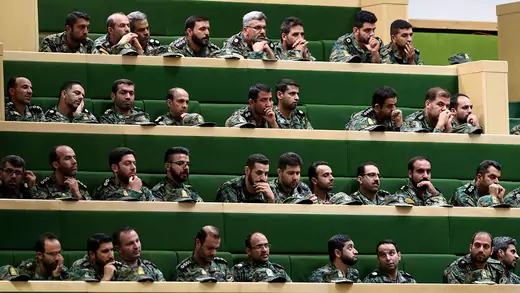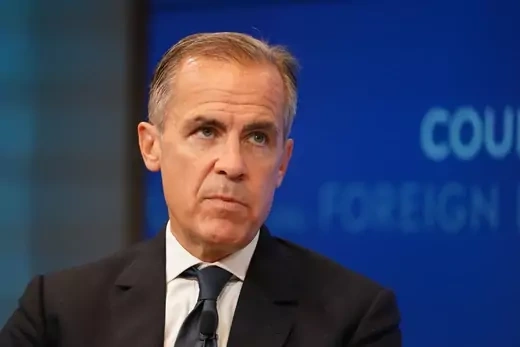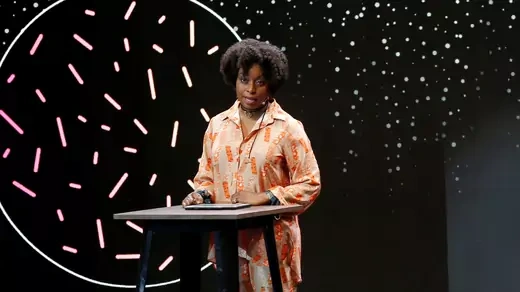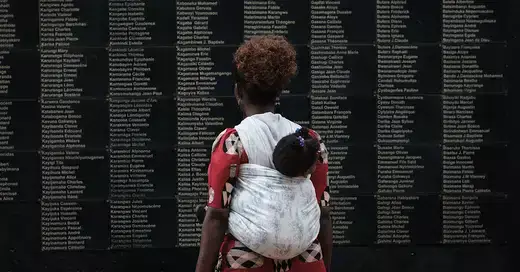- Iran
- Israel-Hamas
-
Topics
FeaturedIntroduction Over the last several decades, governments have collectively pledged to slow global warming. But despite intensified diplomacy, the world is already facing the consequences of climate…
-
Regions
FeaturedIntroduction Throughout its decades of independence, Myanmar has struggled with military rule, civil war, poor governance, and widespread poverty. A military coup in February 2021 dashed hopes for…
Backgrounder by Lindsay Maizland January 31, 2022
-
Explainers
FeaturedDuring the 2020 presidential campaign, Joe Biden promised that his administration would make a “historic effort” to reduce long-running racial inequities in health. Tobacco use—the leading cause of p…
Interactive by Olivia Angelino, Thomas J. Bollyky, Elle Ruggiero and Isabella Turilli February 1, 2023 Global Health Program
-
Research & Analysis
FeaturedRush Doshi is senior fellow for China and Indo-Pacific studies and director of the initiative on China strategy at the Council on Foreign Relations (CFR). His expertise includes China’s foreign polic…
April 15, 2024
-
Communities
Featured
Webinar with Carolyn Kissane and Irina A. Faskianos April 12, 2023 Academic and Higher Education Webinars
-
Events
FeaturedJohn Kerry discusses his work as U.S. special presidential envoy for climate, the challenges the United States faces, and the Biden administration’s priorities as it continues to address climate chan…
Virtual Event with John F. Kerry and Michael Froman March 1, 2024
- Related Sites
- More
April 17, 2024
IranConceived as the principal defenders of the 1979 revolution, the Islamic Revolutionary Guard Corps has evolved into an institution with vast political, economic, and military power.

May 2, 2003
IraqKenneth M. Pollack, the former CIA and National Security Council expert on Iraq who was a leading advocate of forcing Iraq to disarm, says that even though no weapons of mass destruction have been f…
October 17, 2005
IraqKenneth M. Pollack, a former CIA and National Security Council expert on Iraq, who was a leading advocate of the forceful overthrow of Saddam Hussein, says that the just-concluded constitutional refe…
September 10, 2019
United StatesMark Carney discusses monetary policy and the challenges facing the Bank of England. The C. Peter McColough Series on International Economics brings the world's foremost economic policymakers and …

February 19, 2020
NigeriaIn its February update, the Oxford English Dictionary (OED) includes numerous new words of Nigerian origin. Many of the words relate to food preparation, urban transportation, the shortening of conventional English words, and the incorporation of words from indigenous languages. For example, ‘mama put’ refers to female food venders, ‘okada’ are passenger-carrying motorcycles, ‘guber’ refers to gubernatorial, and ‘danfo’ is the Yoruba work for urban minibuses.

April 10, 2024
Genocide and Mass AtrocitiesThirty years ago, Rwanda’s government began a campaign to eradicate the country’s largest minority group. This Why It Matters episode discusses how in just one hundred days, 800,000 people in Rwanda were killed, while the rest of the world sat on the sidelines.

 Online Store
Online Store